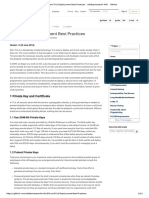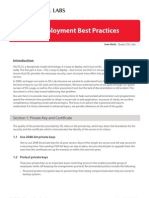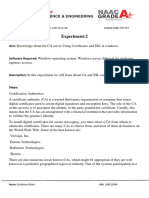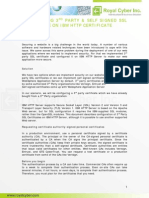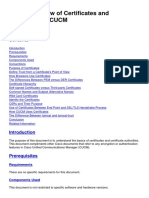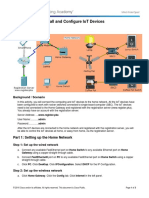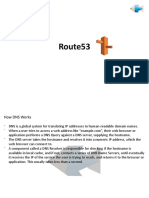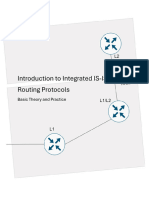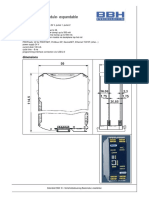0% found this document useful (0 votes)
13 views3 pagesUse Case Summary:: Tool Certbot
The document outlines the use cases for SSL certificates across different environments, including web servers, internal servers, and cloud servers, recommending tools like Certbot, Step CA, and CFSSL. It emphasizes the importance of automating certificate issuance and renewal, using strong key sizes, and enforcing mTLS for internal communications. Key security practices and links to relevant tools are also provided to enhance cybersecurity measures.
Uploaded by
babywitchs132Copyright
© © All Rights Reserved
We take content rights seriously. If you suspect this is your content, claim it here.
Available Formats
Download as PDF, TXT or read online on Scribd
0% found this document useful (0 votes)
13 views3 pagesUse Case Summary:: Tool Certbot
The document outlines the use cases for SSL certificates across different environments, including web servers, internal servers, and cloud servers, recommending tools like Certbot, Step CA, and CFSSL. It emphasizes the importance of automating certificate issuance and renewal, using strong key sizes, and enforcing mTLS for internal communications. Key security practices and links to relevant tools are also provided to enhance cybersecurity measures.
Uploaded by
babywitchs132Copyright
© © All Rights Reserved
We take content rights seriously. If you suspect this is your content, claim it here.
Available Formats
Download as PDF, TXT or read online on Scribd
/ 3

